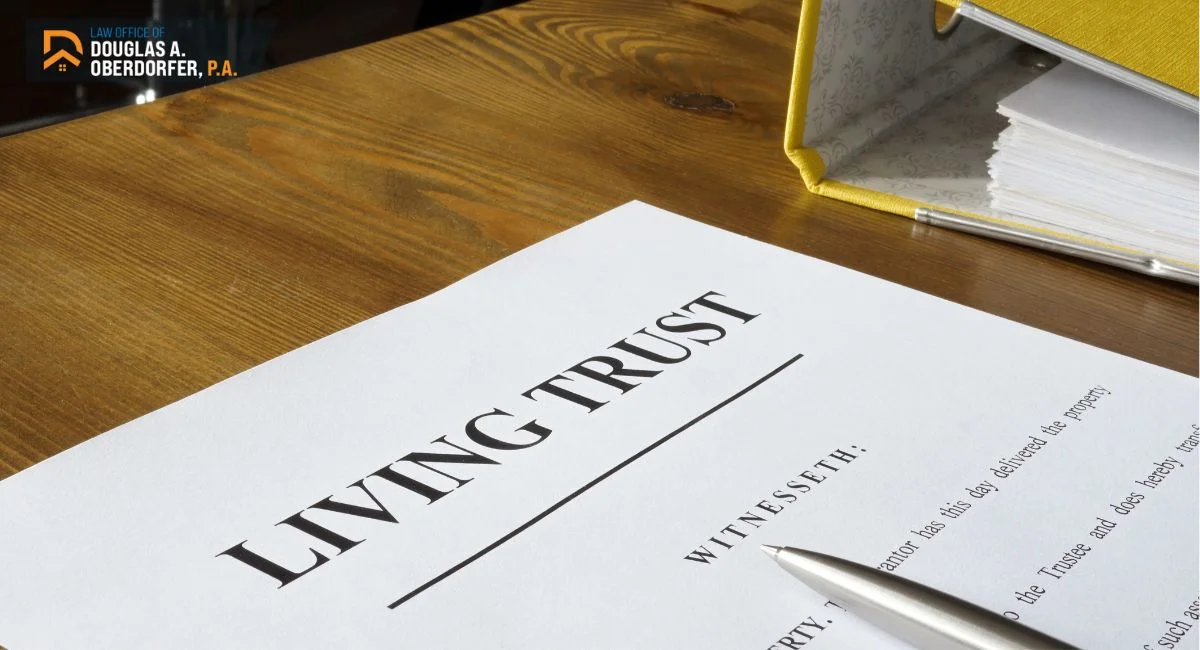Preparing for your first meeting with a lawyer can be a daunting experience, especially if you have not yet navigated the legal world before. Whether you are dealing with a personal injury claim, a family law matter, or business-related issues, understanding what to expect and how to approach your consultation can make all the difference. It is essential to be prepared with the appropriate information and mindset to ensure a productive discussion with your attorney.
This article will walk you through key steps to prepare for that initial meeting. We will also touch on key legal concepts that every individual should know, including the value of understanding your legal rights, the common mistakes people make, and how to select the right lawyer for your specific needs. By doing a little groundwork ahead of time, you will be better prepared to engage with your lawyer and discuss your situation with assurance.

Crucial Legal Tips
When organizing for your first appointment with a lawyer, it is crucial to come equipped with all required paperwork related to your legal matter. This might entail contracts, correspondence, or any relevant documents that can help your attorney grasp the case quickly. The more organized you are, the more effectively your lawyer can provide you with advice and approaches moving forward.
Additionally, understanding your entitlements and obligations in your individual legal situation is crucial. Get to know yourself with the essentials of the law related to your situation, whether it involves civil rights, domestic matters, or corporate law. This fundamental knowledge will empower you to ask knowledgeable queries and grasp the potential implications of your case as your attorney describes the legal process.
Lastly, be honest and frank with your attorney about all the facts, even those that may seem minor or embarrassing. Probate attorney Frisco can only effectively advocate for you if they have the full overview. Note, attorney-client privilege keeps everything you share private, so you can feel safe discussing all parts of your situation, making sure that your legal strategy is as robust as it can be.
Choosing a Suitable Lawyer
Choosing the appropriate attorney is crucial to the success of your case. Start by considering the particular practice area related to your case, such as personal injury, family law, or criminal defense. Make sure the lawyer you choose has experience and a solid track record in handling cases similar to yours. Do not hesitate to ask about their credentials, previous cases, and outcomes to assess their expertise.
Additionally, look for an attorney whose way of communicating aligns with you. Legal matters can be complicated and lengthy, so it is important to have an attorney who communicates effectively and is responsive to your questions and issues. Scheduling a consultation can help you assess how well you relate with the attorney and whether they seem genuinely interested in your case.
Finally, consider the attorney's standing within the community and among peers. Read reviews, seek referrals from trusted friends or family, and inquire with local bar associations for any disciplinary actions. A well-respected attorney not only brings their legal knowledge to your case but can also manage the nuances of local law and court procedures, which can greatly benefit your situation.
Understanding Judicial Processes
To deal with the complexities of the legal system, it is crucial to understand the sequence of occurrences that usually take place in a legal matter. When you initially consult with an lawyer, they will outline the particular legal processes relevant to your case. This may include filing a lawsuit, discovery, and ultimately trial or settlement talks. Each phase has its specific set of timelines and requirements that your lawyer will help you navigate, ensuring that you stay informed and prepared.
Legal processes can differ significantly depending on the type of your case, whether it's a tort claim, a family law matter, or a criminal defense case. For example, in a tort case, the legal process may involve gathering evidence, securing witness testimonies, and negotiating with insurance companies. Conversely, in a criminal defense situation, the procedure might include pre-trial motions, plea deals, and maybe a court appearance. Recognizing these differences can help you feel more confident and less overwhelmed as you take part in your legal journey.
Throughout the judicial procedure, interaction with your lawyer is key. They will give information on your situation and clarify any developments. Being active in your communication and asking questions will enhance your comprehension and ensure you are engaged in the procedure. Whether it’s knowing what documents to gather or comprehending court procedures, your lawyer is there to guide you, making the legal journey easier and clear.
